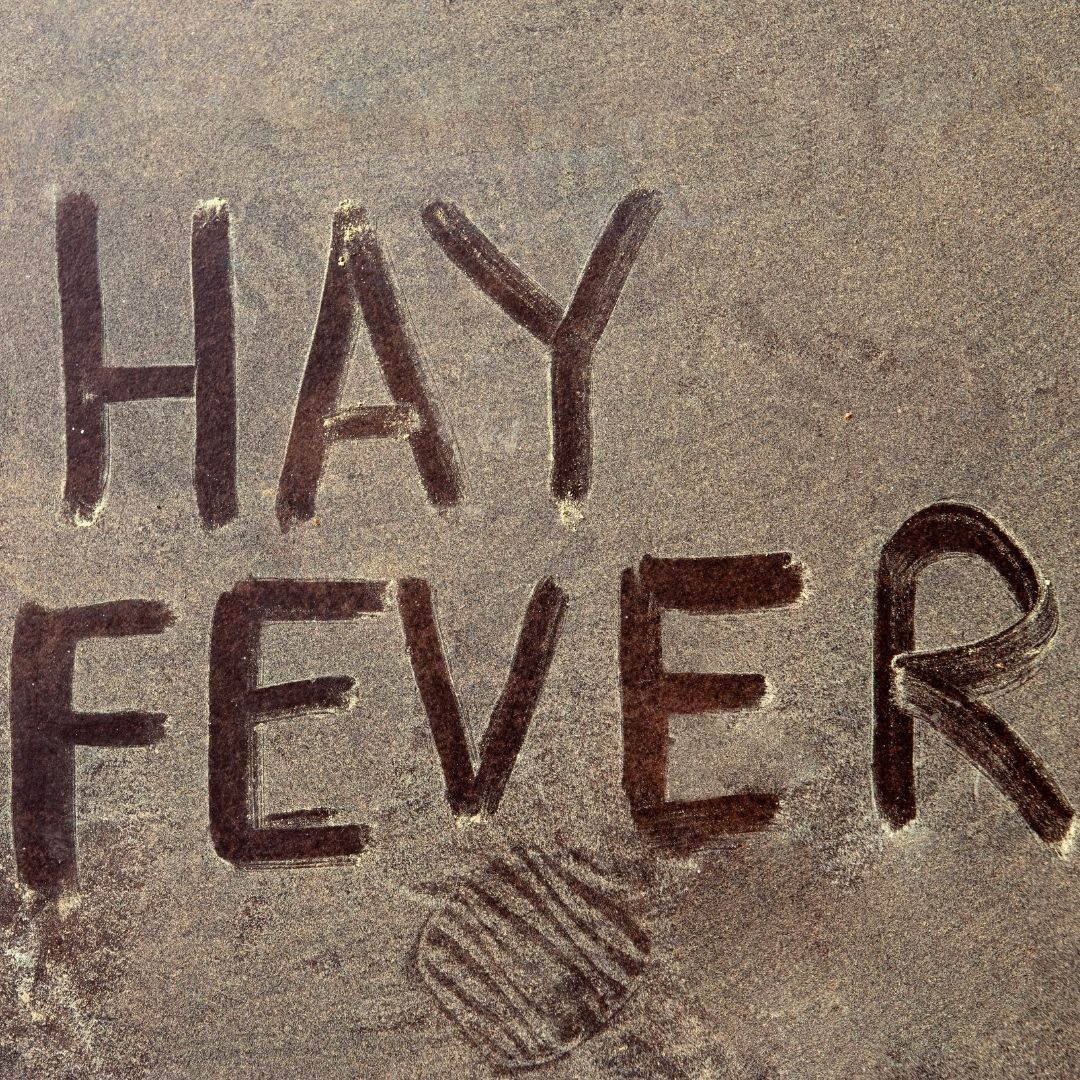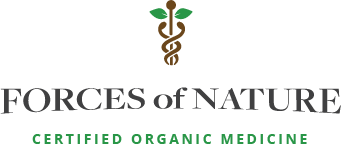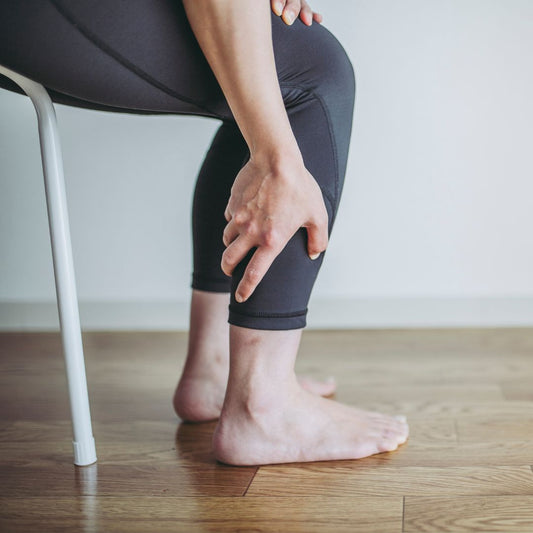It’s that time of year again, the season of new growth and beauty that is mixed with sniffles and watery eyes. If you have allergies consistently each year, you know which month tends to be a trigger for your sinuses. However, if you’ve recently moved to a new area, gotten a new pet, etc., you might be struggling to know if you’re experiencing allergies or a cold.
WHAT CAUSES ALLERGIES?
Well, for starters, it’s important to know that allergies are a reaction to a substance, not a virus. Allergic reactions can vary when your body comes into contact with a substance that it doesn’t agree with and results in the body trying to fight off harmful pathogens. These reactions can result in rashes, hives, nausea, and fatigue, or even severe anaphylactic shock.
Most common allergies do include pollen, food, mold, dust, insects, and pet dander.
SEASONAL ALLERGIES AND HAY FEVER
As we stated above, people who experience allergies regularly are pretty aware of what season can cause a flare up. In the spring, tree pollen and grass pollen are typically the culprits. They’re also the reason you may be dealing with cold-like signs and symptoms, such as a runny nose, itchy eyes, congestion, sneezing and sinus pressure - also known as Hay Fever.
Hay Fever (allergic rhinitis) is caused by your body’s response to allergens and is the fifth most common disease in the United States. Despite its name, hay is hardly the cause of the allergen, and people rarely experience a fever. It’s also important to pay attention to pollen count because when it’s high, your symptoms will be worse.
If you find yourself with a runny nose immediately after being exposed to an allergen, and it is clear mucus, it’s safe to say it’s Hay Fever and not a cold. Also, if your symptoms last weeks rather than days, again it’s most likely Hay Fever.
AVOIDING THE ALLERGEN
If you have found yourself dealing with the sniffles and sneezing, it’s best to get it taken care of sooner than later to save yourself from the misery.
First off, make sure that when the pollen count is high, you’re avoiding too much time outside. While it might seem like a beautiful, warm day and you want nothing more than to open your window, keep it closed. You want to avoid any extra pollen entering your house.
Same goes for your body. If you find yourself having to be outside or leaving the house, be sure to shower as soon as you get home to remove any allergens that clung to your hair or clothes. (For more tips on how to combat allergies, check out our article: 5 Natural Ways To Combat Your Allergy Symptoms.)
HOW TO TREAT HAY FEVER
If you discover that hay fever is, indeed, the cause of your sniffles, there are treatment options. Doctors offer various antihistamines, nasal and decongestant medications, allergy shots and eye drops. However, if you’re looking for a more natural approach, consider our maximum strength allergy medication.
This treatment naturally relieves common indoor and outdoor allergy symptoms including hay fever, hives, watery eyes, a runny, stuffy nose, rhinitis, sneezing, itchy eyes and throat from pollen, ragweed, grasses, animal dander and mold. Our medication works to stop the inflammatory response that allergies cause while stimulating your body's natural healing response to desensitize your body to allergens over time.
Hay Fever or The Common Cold: What Is the Cause of Your Sniffles?

By Dr. Peter Klapper Ph.D.



